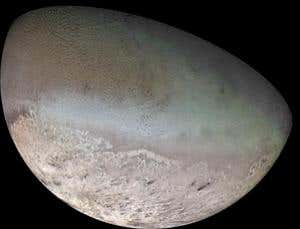Aug 15, 2012
Approaching the Great Rescue
Posted by Gary Michael Church in categories: biological, biotech/medical, business, chemistry, complex systems, education, engineering, ethics, events, evolution, existential risks, futurism, geopolitics, homo sapiens, human trajectories, life extension, media & arts, neuroscience, philosophy, policy, singularity, sustainability, transparency
http://www.sciencedaily.com/releases/2012/08/120815131137.htm
One more step has been taken toward making whole body cryopreservation a practical reality. An understanding of the properties of water allows the temperature of the human body to be lowered without damaging cell structures.
Just as the microchip revolution was unforeseen the societal effects of suspending death have been overlooked completely.
The first successful procedure to freeze a human being and then revive that person without damage at a later date will be the most important single event in human history. When that person is revived he or she will awaken to a completely different world.
 A new corporation in Alameda California is pitching space tourism and the old Alameda Naval Air Station as America’s next spaceport.
A new corporation in Alameda California is pitching space tourism and the old Alameda Naval Air Station as America’s next spaceport.








